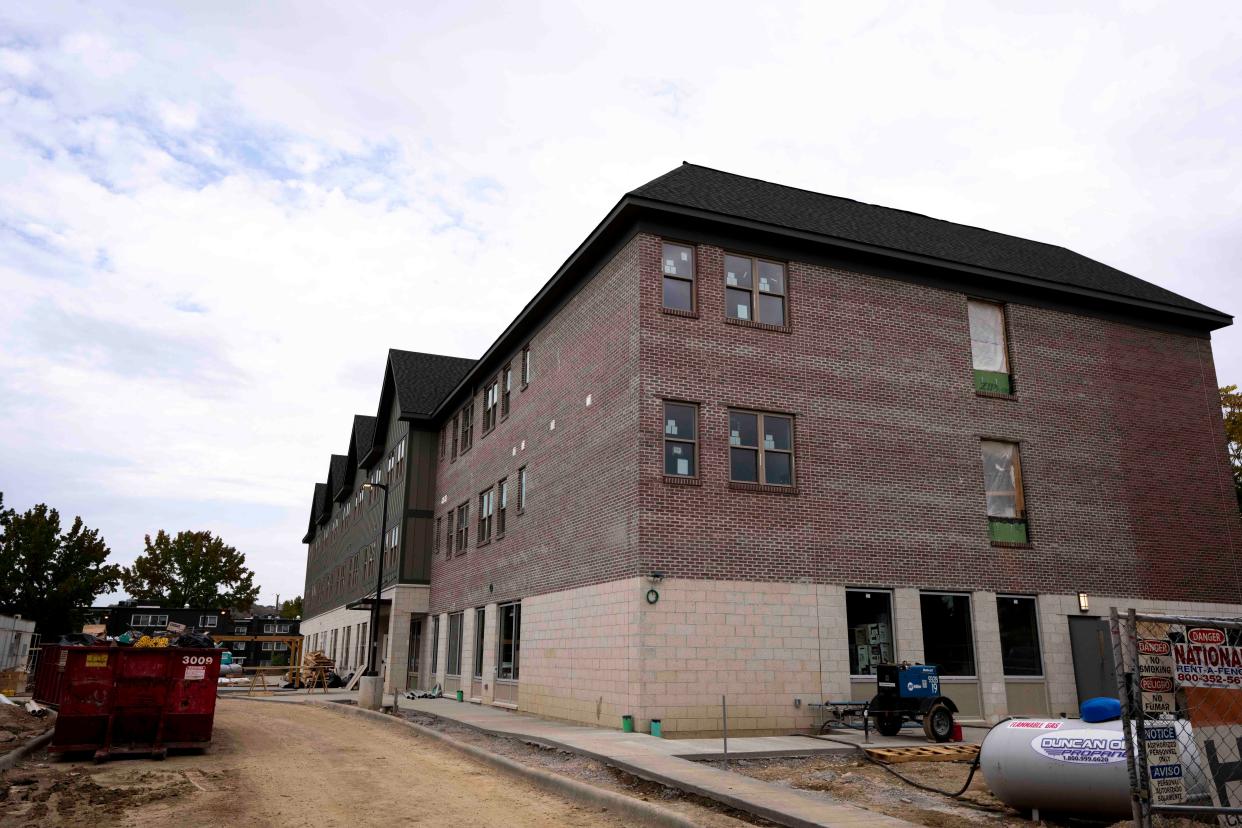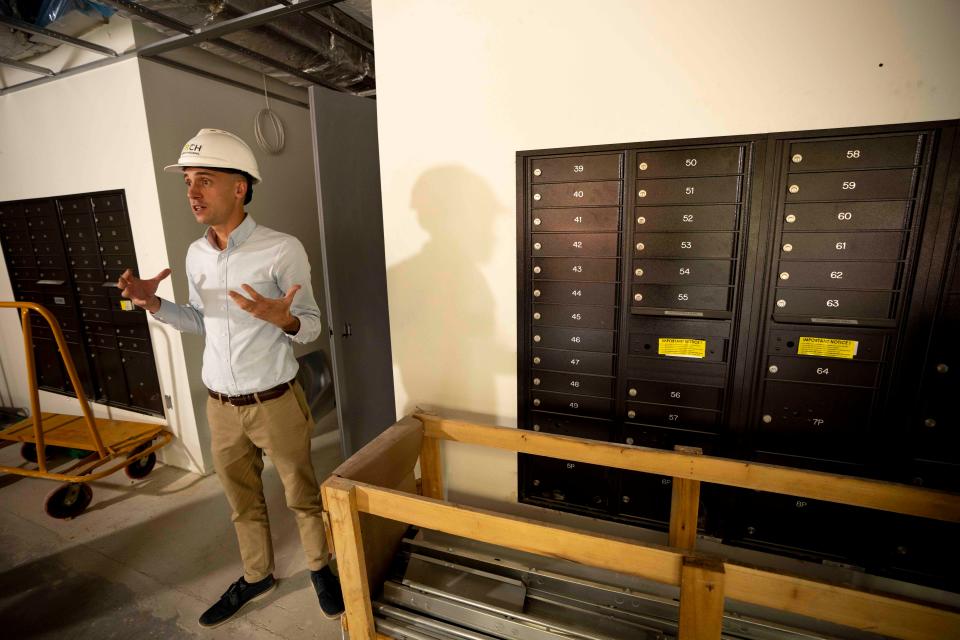Issue 24: Cincinnati cannot solve affordable housing crisis alone | Opinion

There is an affordable housing crisis throughout the Greater Cincinnati region affecting people across a wide income spectrum. The crisis for those at the lowest end of the economic ladder is not the city’s alone to solve. It requires a regional effort.
Issue 24 creates the illusion that Cincinnati can solve this crisis alone. It also will further burden some of the very people it is supposed to help with the funding responsibility going forward. Solving the affordable housing crisis requires that we create housing at a variety of price points throughout the region not just in the urban core.
In addition, the proponents of Issue 24 have naively limited how the fund can be used. The proposed fund does not specifically include leverage requirements. Loans and grants without sound underwriting and leverage do not guarantee the sustainable volume and impact necessary to meet the regional need. In essence, it treats the tax source as an ATM and not as an investment.
In addition, the very people and organizations that would benefit from the money are the ones being given oversight responsibility. This is not good governance or accountability. There is no data to show that this approach is likely to have the success promised by supporters. Capital is important, but alone is not the answer to our housing crisis.
The city of Cincinnati and Hamilton County made an historic investment, along with private and federal capital, in the Affordable Housing Leverage Fund administered by Cincinnati Development Fund, a nationally recognized Community Development Financial Institution. Already in the first 12 months, production of housing for very low-income families eclipsed the total units created by the City for the last five years combined and housing is being created throughout the county.

AHLF directed $31 million in grants and loans to 29 projects creating or preserving 948 housing units, of which 90% are income-restricted. 712 are restricted for residents earning 60% or less area median income as defined by US Department of Housing and Urban Development and 65 of those are single family homes. CDF has a 30-year history of excellent performance AND innovative financing. They already have the organizational infrastructure and data capture in place to effectively support transformation in neighborhoods and housing.
Let’s give the AHLF a chance before creating a second operation that would likely need to duplicate administrative overhead. Let’s see what we learn that points to other solutions that build on proven success.
Cincinnati is still recovering from the economic impact of the major changes to work and employment brought about by the pandemic. It is already anticipating a significant decline in revenues that could result is serious cuts to services. Committing $50 million annually from the city’s earnings tax to one use is irresponsible when citizens also need strong public safety, job creation, economic development and well-maintained streets and bridges.
The city alone cannot build the way out of the need for more affordable housing. To commit to increase the earnings tax for this very narrow objective without consideration of the broader plan for fiscal health and vibrancy is irresponsible. While we respect the intent of Issue 24 authors, the plan is too ill-considered and ill-timed to earn our support this November.
Peg Moertl is a 45-year, award-winning affordable housing and community economic development finance and policy executive and volunteer co-founder and board member of several affordable housing organizations. Roxanne Qualls is a former Cincinnati mayor and council member, current Realtor and chair of Cincinnati’s Housing Advisory Board. This opinion reflects our personal considerations and not any organization with which we are affiliated.

This article originally appeared on Cincinnati Enquirer: Issue 24: Vote no on ill-timed, ill-conceived ballot measure

